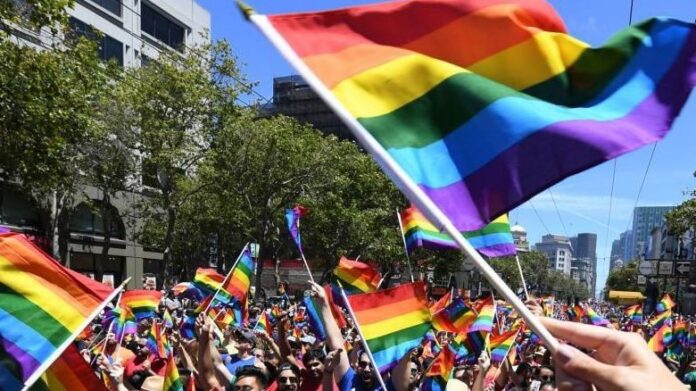RALEIGH, N.C. — As June rolls in, so does Pride Month: a time of celebration, advocacy and reflection on LGBTQ+ rights around the state and world. The annual commemoration recognizes those who identify as LGBTQ+, community members as well as supporters and allies.
Amid the rainbow-hued festivities lies a reminder of the struggles faced by the LGBTQ+ community, particularly concerning mental health.
Jami Dumler, a licensed clinical social worker and regional director of Thriveworks, said she chose to specialize in LGBTQ+ issues after learning more about discrimination and, in many cases, trauma the marginalized community endures.
According to the Substance Abuse and Mental Health Services Administration, 41% of LGBTQ+ young people seriously consider suicide and 56% of LGBTQ+ youth who wanted mental health care were not able to get it.
She said there are several complex factors that exacerbate mental health challenges among the LGBTQ+ community, including the compounding effects of the COVID-19 pandemic, a surge in legislation regarding the LGBTQ+ community and pervasive discrimination.
Despite those obstacles, Dumler said times like Pride Month help to outline pathways to support and resilience.
“Pride month has a couple of important pieces to it. One of the pieces is just increasing overall awareness as well as representation, advocacy in both national and local communities that increases support, knowledge and action towards positive change,” Dumler explained.
Dumler recommended several organizations that offer a variety of support to those who may need it.
“There are a couple of amazing organizations out there,” Dumler said. “There is The Trevor Project … they have resources for information, advocacy, even a crisis support line.”
“There are also local and national chapters of PFLAG, which offers support groups for LGBTQ+ individuals as well as their family and friends wanting to learn more and better support them,” Dumler said. “And finally, there is WPATH, specifically for transgender health that can give you a great provider network of trusted, endorsed sources for different health and mental health care.”
Ultimately, Dumler says Pride Month isn’t merely a celebration; it’s a testament to resilience, an affirmation of identity and a rallying cry for a future where mental health disparities are eradicated, and every individual finds solace, acceptance and belonging.



